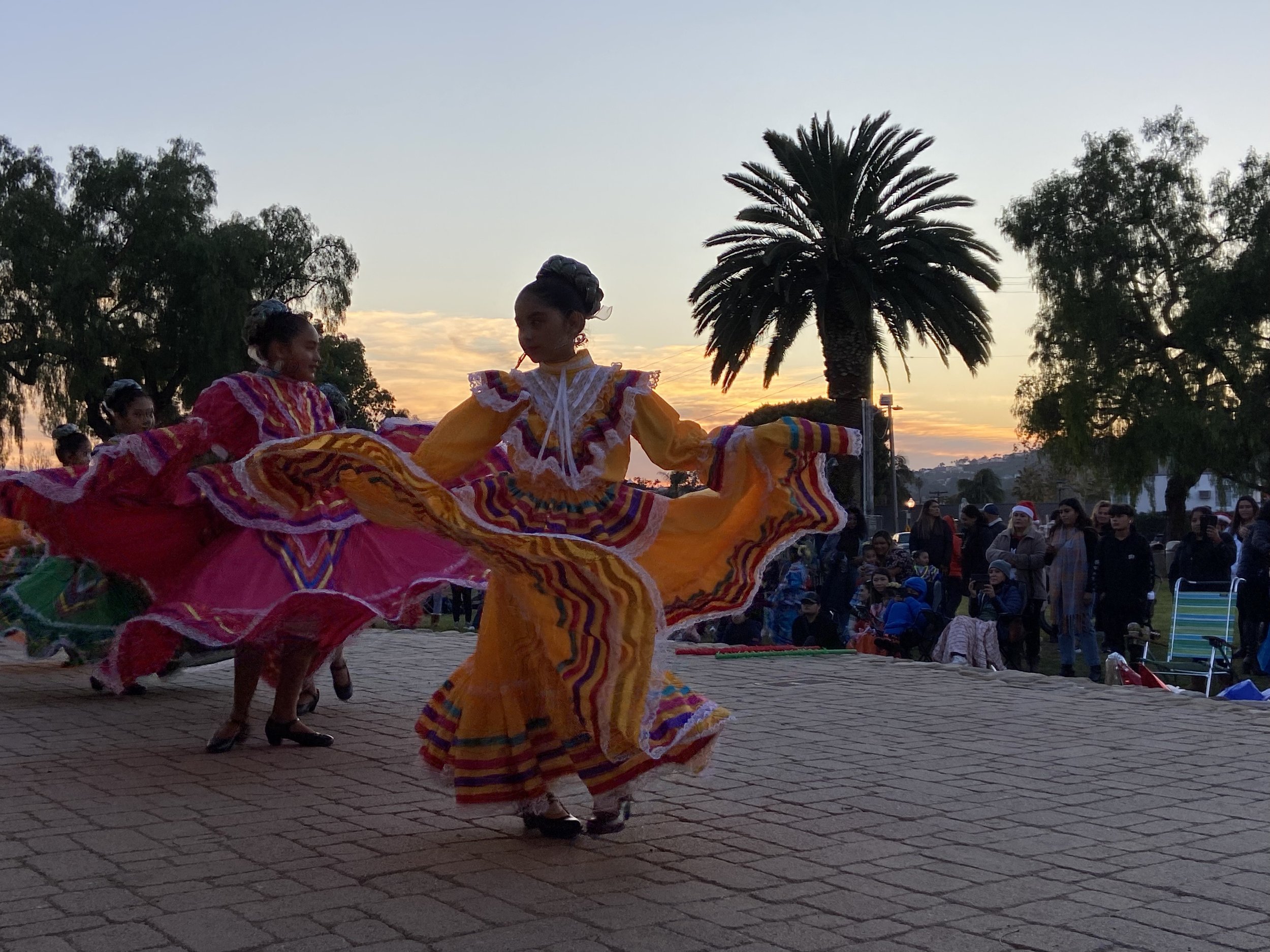
The Heart of it
OUR FAITH IS OUR FUEL.
In this section we invite you to consider some perspectives on the theological significance of this mission to strengthen under-resourced neighborhoods.
-
God Takes it Personally
Matthew 25 hits home a truth that is presented throughout scripture: in early Israelite laws, in poetry, in prophetic works, in Jesus’ own life and again in the New Testament letters: Simply, GOD TAKES IT PERSONALLY what happens to the most vulnerable among us. If you want to love God, you have to demonstrate love to the most marginalized because that is God’s love language.
-
Angled Mirrors
The theologian N.T. Wright describes humanity’s vocation as being angled mirrors. We are to reflect the praises of creation to God and reflect God’s heart into creation. When God’s people enact His will in tangible ways, we are reflecting into the world what God’s heart is like. Knowing his heart compels us (the “givers” and the “receivers” of the ministry) to follow him more closely and become more like him.
-
Who is my neighbor?
In Luke 10, a devout Jew – feeling a bit defensive about the command to love his neighbor – “put Jesus to the test” by asking, “Who then is my neighbor?” Jesus tells the story of the Good Samaritan as the response and then says, “The neighbor is the one who showed mercy” [on the one who is hurting, the one who society says is not your problem, the one who will cost you your comfort and convenience, the one who is all too easy to choose to not see.] In San Juan, 25% of the Latino population is living under the poverty line. The suffering that implies is laying on the road in front of us, yet easy to not see.
-
The Church Needs the Margin
South Orange County residents are underexposed to diversity, both ethnic and economic. Many liken this area to a “bubble.” In this sense the Church is at risk of spiritual blindness – of losing the ability to see the world through God’s eyes, of having our hearts broken with the things that break His.
Simultaneously we are living in the digital age in which the suffering of the entire world is on our touch screens. Statistics, news, documentaries, and appeals for support engage our God-given empathy, and we are overwhelmed with grief. The Church is at risk of compassion paralysis.
How can we learn to see without becoming paralyzed?
We believe there is hope for this church that is simple, local, and results in its healing and transformation. That hope is found in the simple act of engaging with a community in need that is right in your own backyard. When you know that you have made God’s love tangible and alleviated suffering, you are no longer at risk of spiritual blindness. God uses that glimpse you received to show you even more of His vision. Neither are you at risk of compassion paralysis. God responds to your service by filling you with joy that covers the pain of compassion.
To stay close to the heart of the Father whose heart is grieved with the suffering of his creation, the Church needs the margin.
-
Defeating the Idol of Comfort
An idol is simply a part of God’s good creation that humanity was inteded to rule over. But when humans instead relinquish their power to this created thing, it suddenly has power over humans, instead of the other way around. We become enslaved to good things like money, sex, power or comfort by giving it more importance than it deserves. Comfort is now so highly valued that we have become slaves to it. We will stay comfortable even at the expense of community, of diversity or of generosity. How do we break these enslaving chains? We stand on the ground of comfort – in the place of our lives where it seems impossible to prioritize anything else – and we declare the victory of Christ over all enslaving idols. The declaration is enacted through our choice for something else – something uncomfortable - building a friendship with someone different from us, giving up a Starbucks run in favor of donating $5. When we do so, we realize that comfort and discomfort is not life and death. The chains fall away and we are free in Christ.
-
Behind One-Way Glass
Downtown San Juan Capistrano where we live is 60% Latino; it’s a huge community. Yet in many ways our neighbors are trapped behind one-way glass, fully present but too often unseen. They are largely behind the scenes: working in kitchens, in janitorial services and in landscaping; in crowded apartments and bus stops while the other half of society is rushing about, catching only a reflection. So we started to wonder, what would it look like if instead of this division we had unity? What would happen if we really saw each other? If the white woman saw children looking for fun and laughter instead of seeing a group of threatening gang-types. If the Latina woman saw a fellow human, hurting in her own ways instead of seeing a snotty rich lady with fancy sunglasses? Perhaps learning to see each other with God’s eyes would be the key to learning how to love our neighbor. Perhaps learning to love someone so different than ourselves would teach us experientially the loving character of God and change our lives both in our material needs and our spiritual needs.
